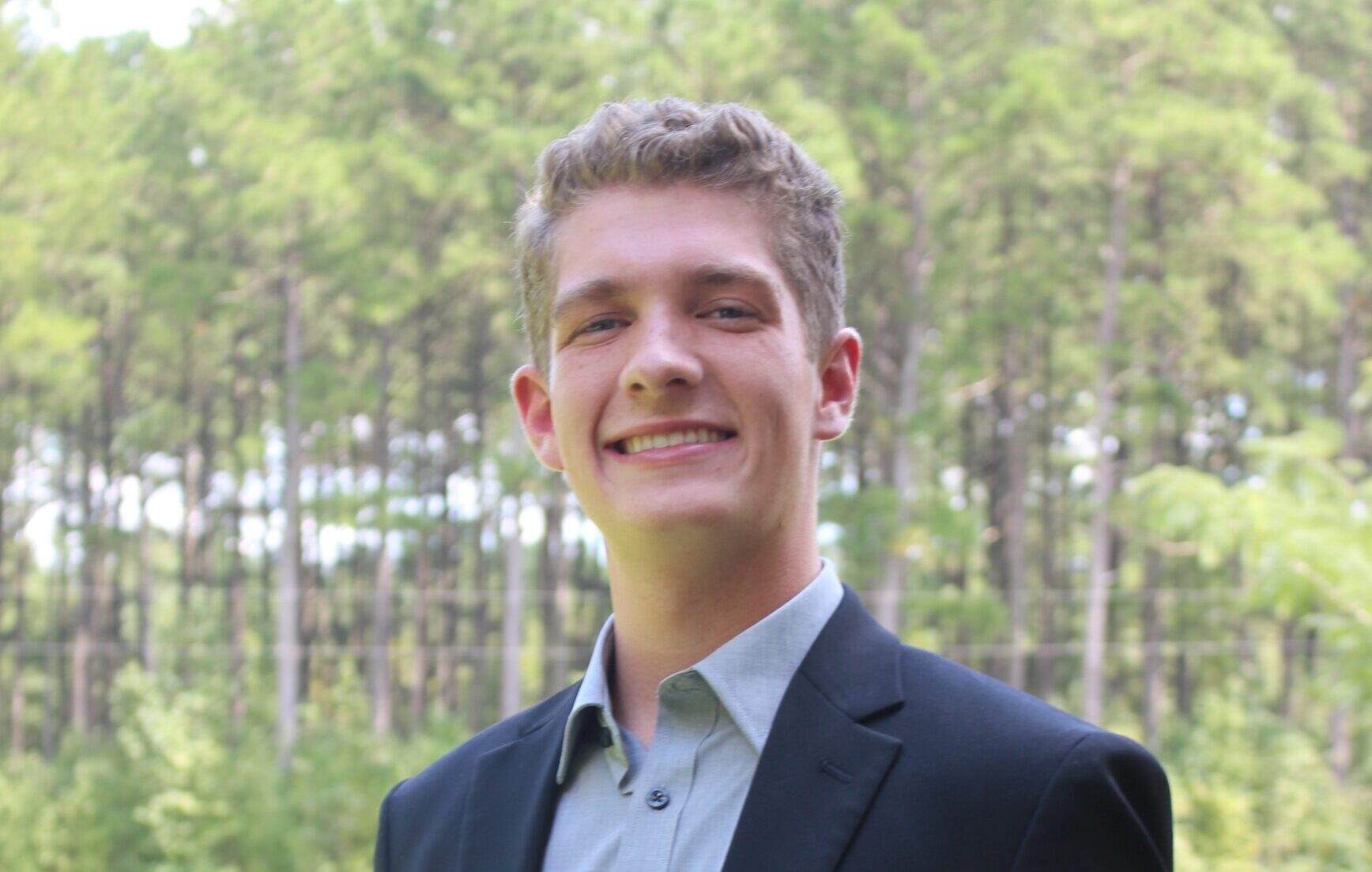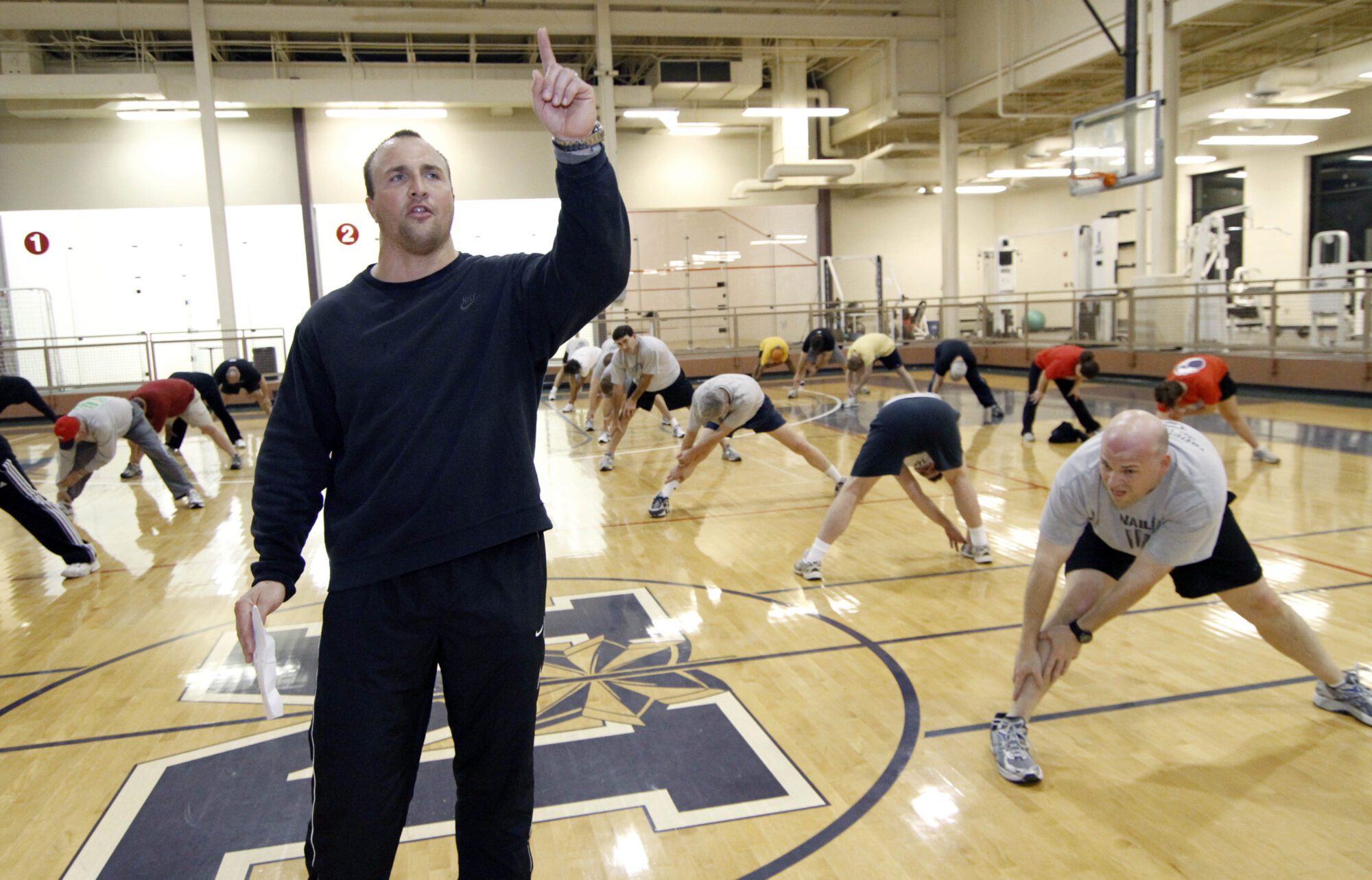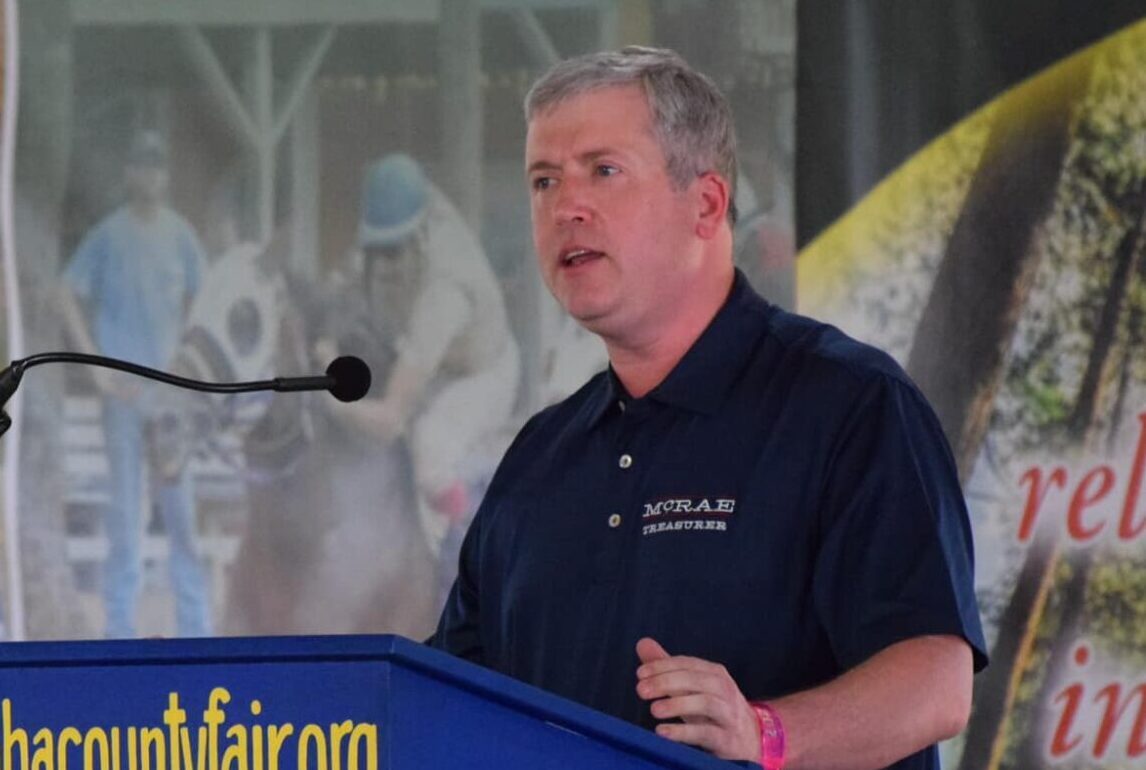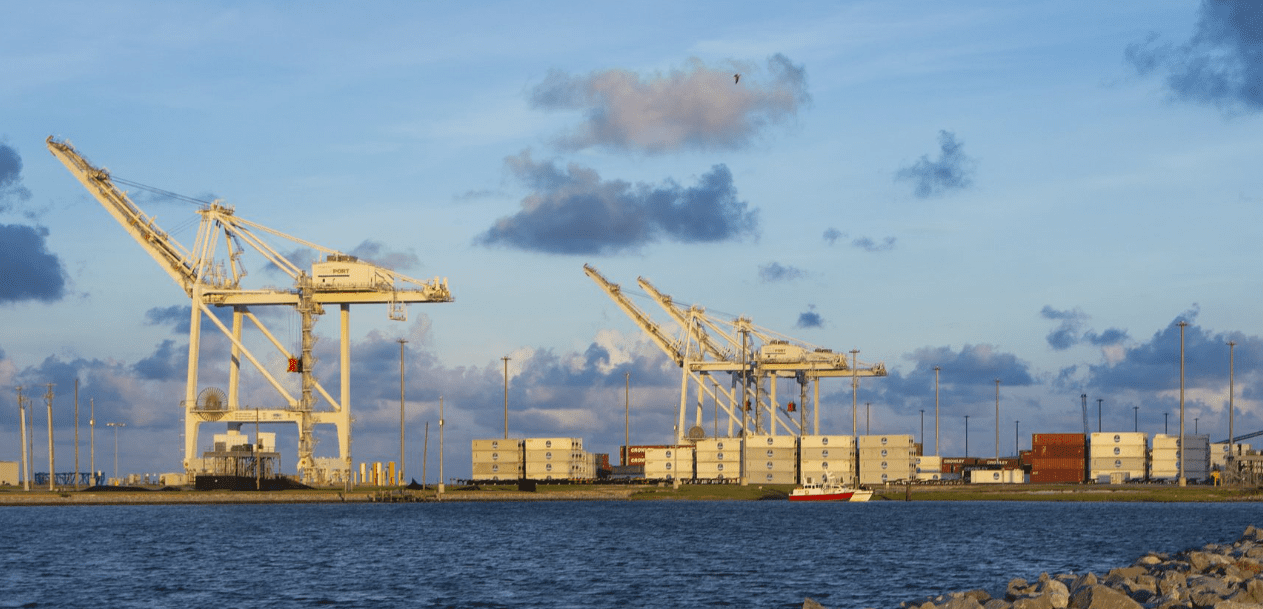
Stone Clanton
The mainstream story of polarization tells us that we are more different than similar. But that simply isn’t true.
Polarization: It is a word that we hear in the news, but it is also a reality that we live every day in Mississippi.
Take Jackson, the most politically segregated city in America. Residents of the city itself not only vote opposite those who live in suburbs like Richland, but they might not even interact personally with each other at all. We see a similar dynamic at work between our rural and urban residents. And when between a quarter and over a third of voters think the other party is a threat to the country, these political differences combine with geographic segregation to harden divisions between us. “Those people” become “the problem.”
The Magnolia State suffers when division breeds distrust and animosity. That’s why the Mississippi chapter of Americans for Prosperity Foundation is launching a new initiative, Diverge Mississippi: Bridging Communities Through Knowledge.
Our initiative encourages Mississippians to form relationships with people from a diverse range of backgrounds and beliefs. These relationships can not only break down the distrust that exists between people from different backgrounds but can also help them strengthen their communities by finding common ground.
After partnering with hard-working people from across the state, we know that people in Mississippi share some common aspirations, no matter where they are from. They want a well-paying job. They want to be able to provide for their family and put away a little for retirement. They want to access affordable and high-quality health care. And they want a government that responds to their needs.
The mainstream story of polarization tells us that we are more different than similar. But that simply isn’t true. And we realize this fact not when scrolling through our Facebook feed but when meeting with people face to face, hearing their stories, and appreciating their aspirations and fears.
Even certain policy issues can provide a place for common ground when we are able to listen and share with each other. Education is a case in point. We can all celebrate that Mississippi’s high school graduation rate has reached an all-time high. And we know that education is essential to prosperity: Mississippians with a bachelor’s degree make nearly twice what those without a high-school diploma make.
Yet we also know that each child is different and requires an education that fits the child’s specific needs. Maybe some can really benefit from a traditional public school and bachelor’s degree. Maybe another would do best in an alternative high school leading to an apprenticeship in a trade.
But a robust education does more than just provide a launchpad for a job – although it certainly should do that. It expands our minds, exposing us to different ideas, different cultures, and even different experiences with different kinds of people. A well-rounded education, in other words, starts to break down the divisions that we are seeing in Mississippi. Knowledge has the power to bridge communities.
We have found that many of us share the same desires around other issues too, and that’s because we have the same foundational desires. We all want the opportunity to thrive. We all want the chance to pursue our dreams. We all want to lead a fulfilling life. And we all want communities around us that care.
But we can only achieve these things when we work together to create communities and a state that work well for all. Division and polarization deepen distrust, but cooperation creates communities that pursue the common good.
And cooperation requires knowledge – not only knowledge of ideas, but of real people. It is essential that we get to know each other so that we can move beyond the stereotypes toward real solutions that bridge our differences.
Americans for Prosperity Foundation is looking forward to bridging communities in Mississippi through knowledge by bringing together people from diverse backgrounds. Will you join us?








